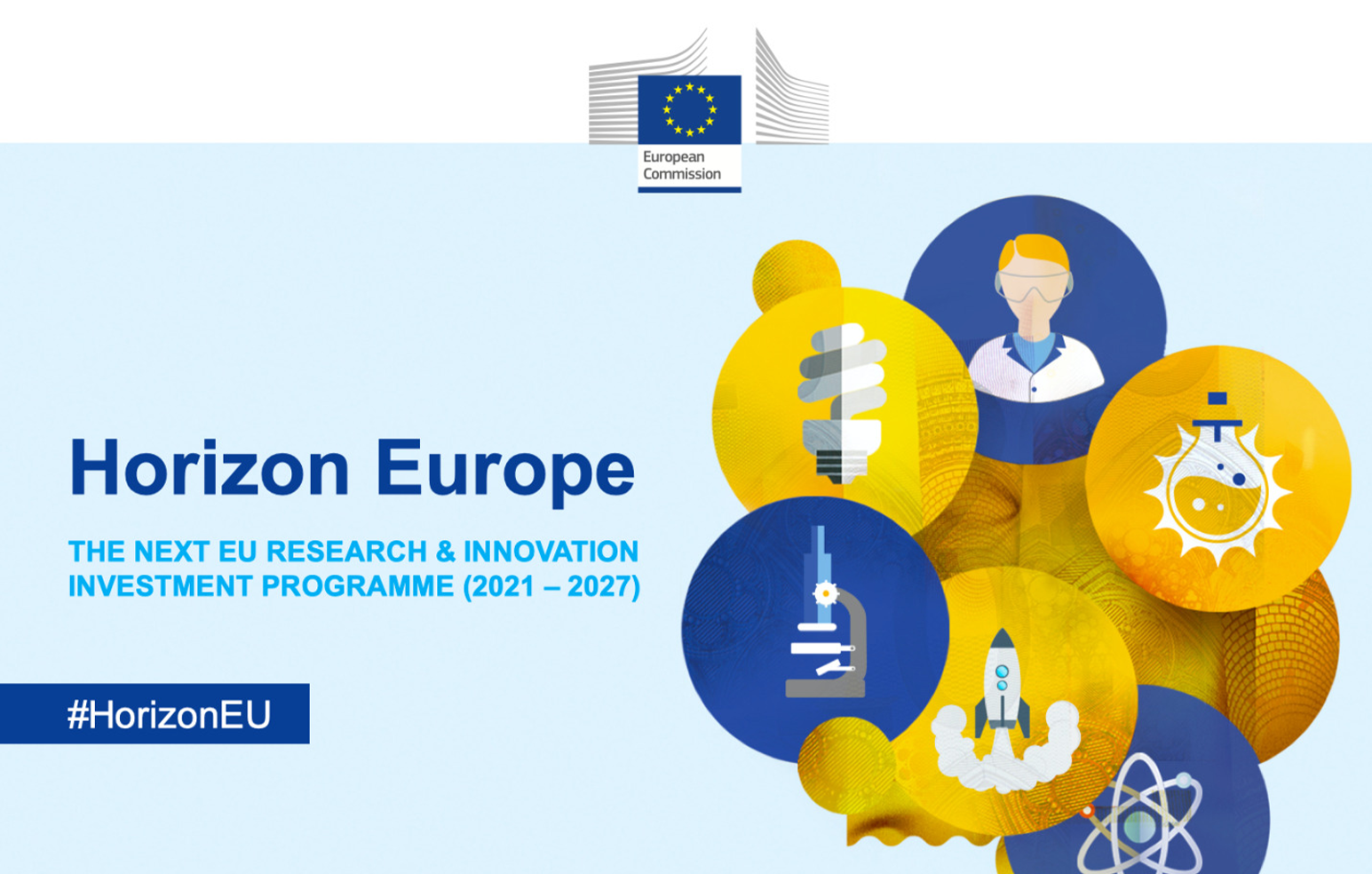

For staff members
For participating organisations
Scope:
MSCA Staff Exchanges involve organisations from the academic and non-academic sectors (including SMEs) from across the globe.
Support is provided for international, inter-sectoral and interdisciplinary mobility of R&I staff leading to knowledge transfer between participating organisations.
Mobility through secondments
The organisations constituting the partnership contribute directly to the implementation of a joint R&I project by seconding and/or hosting eligible staff members. Such a project must explore activities that can be based on previous work but should go beyond and generate or strengthen long-term collaborations. Secondments must involve physical mobility[1] of the eligible staff members and must always take place between legal entities independent from each other.
MSCA Staff Exchanges can address three dimensions of mobility: international, inter-sectoral and interdisciplinary[2]. While exchanges between organisations within EU Member States and Horizon Europe Associated Countries should mainly be inter-sectoral, same-sector exchanges[3] are also possible under the condition that they are interdisciplinary. Interdisciplinarity is not required for same-sector exchanges with non-associated Third Countries.
Secondments between institutions established in non-associated Third Countries or within the same EU Member State or Horizon Europe Associated Country are not eligible.
The collaborative approach of MSCA Staff Exchanges should exploit complementary competences of the participating organisations and create synergies between them. The secondments should be essential to achieve the joint project’s R&I activities. The project should inter alia enable networking activities and the organisation of workshops and conferences, to facilitate sharing of knowledge and testing of innovative approaches for specific R&I topics.